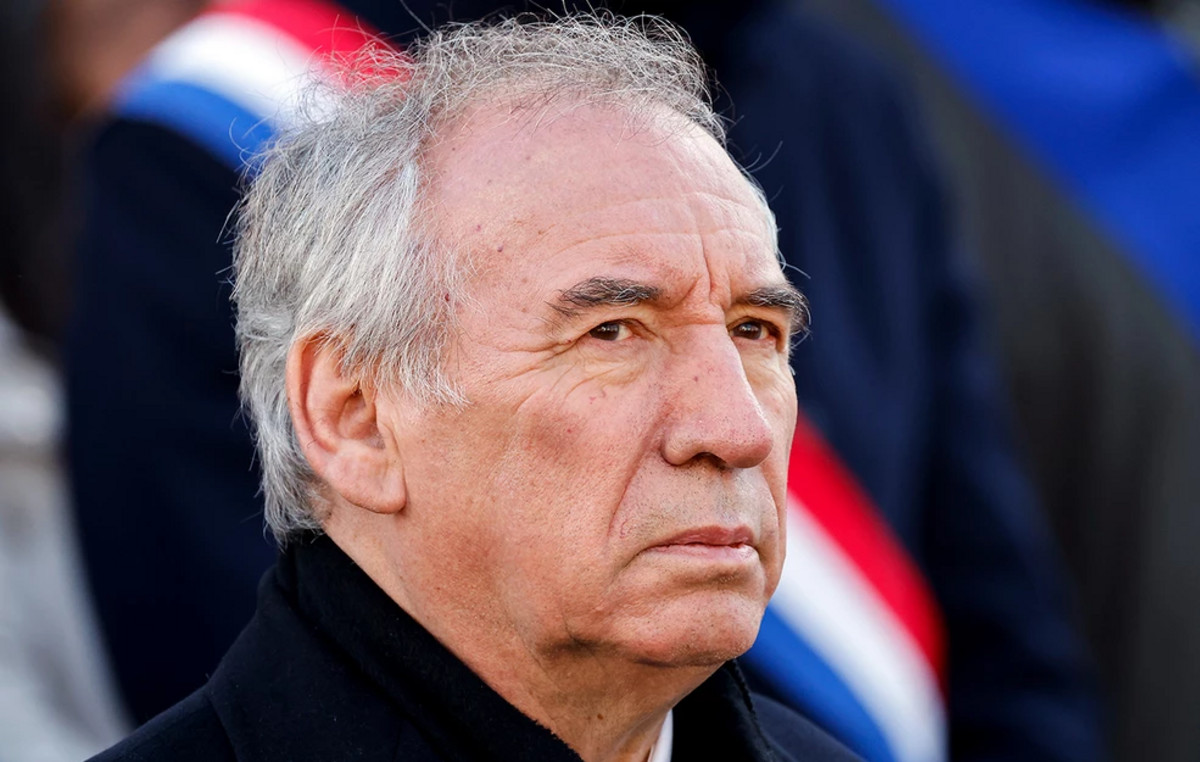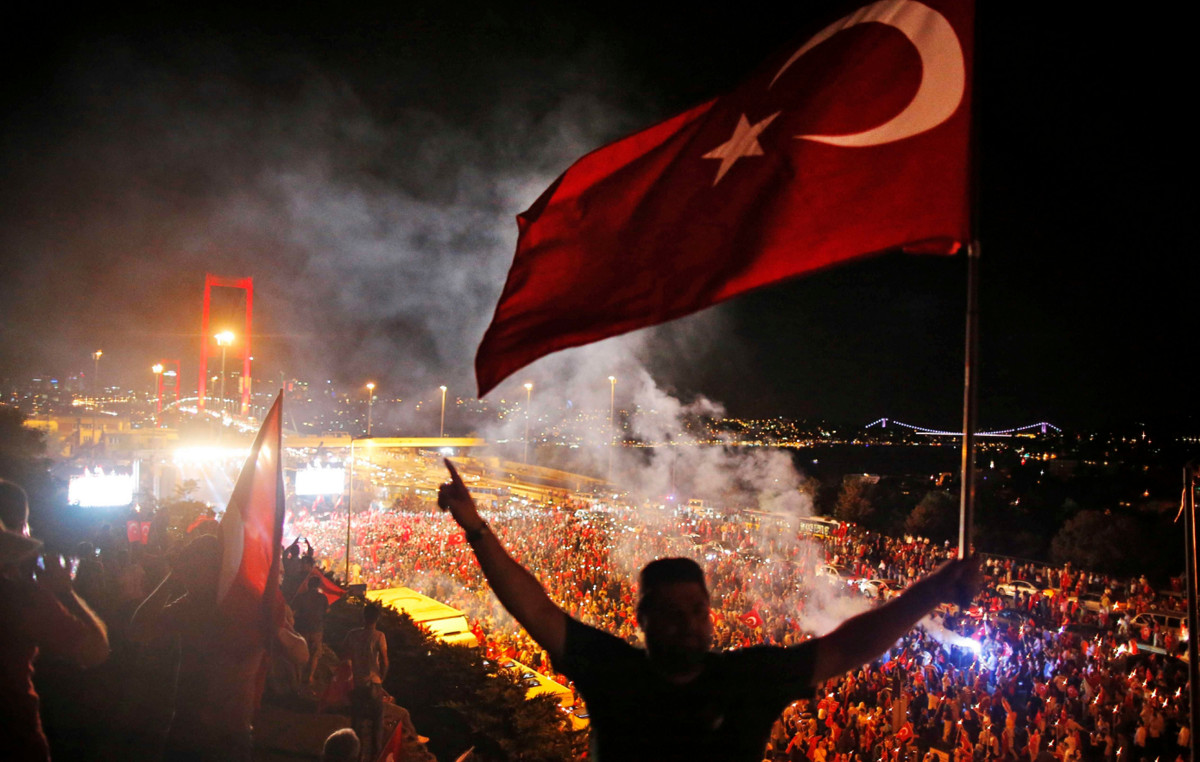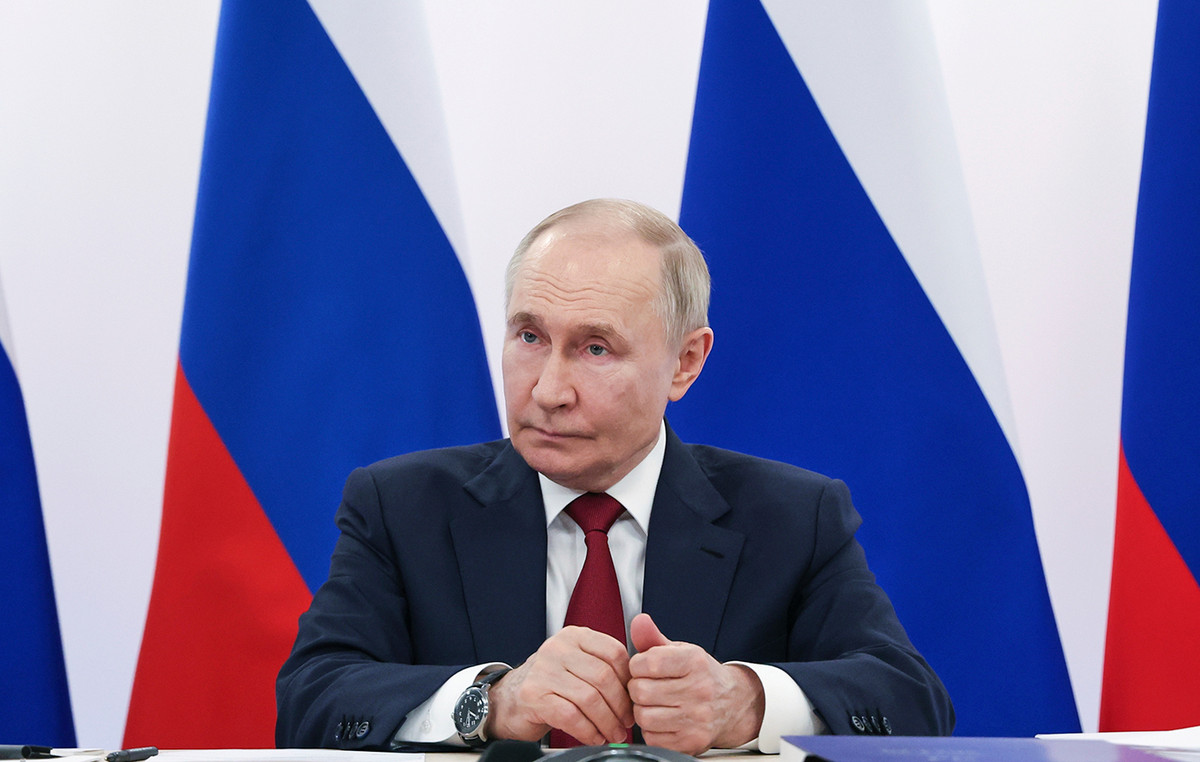Its terrorist attacks September 11, 2001 they took her out America from the illusion of its omnipotence – after its victory in the Cold War – and led it, along with the rest of the world, to a war on terror that will dominate international relations for twenty years, upsetting the balance of power in the Middle East. camouflaging the re-emergence of Russia as a strategic competitor and the emergence of China as a new number one adversary.
“Today, we are at the end of the strategic cycle and the parenthesis closes where global jihadism was the only recognized enemy,” said Eli Tennebaum, co-author of The Guerre de Vinght Ans.
According to the researcher of the Institut Francais des Relations Internationales (IFRI), “strategic competition between the great powers is the new international model, with the emergence of other games that replace the terrorist threat.” One of the basics is competition between Washington and Beijing with the scent of the Cold War.
And to show that the circle is closed, the Joe Biden wanted the 20th anniversary of 9/11 to coincide with the complete withdrawal of US forces from Afghanistan. In the country where US forces intervened the day after the attacks on the Twin Towers and the Pentagon to pursue al Qaeda, which carried them out, and to overthrow the Taliban regime, which had given al Qaeda refuge and stronghold.
But the obsession with symbolism has boomeranged on the US president: shortly before the 20th anniversary, the Taliban are once again the rulers of Kabul, following a lightning strike that disbanded the Afghan security forces, which they trained, funded and equipped. Washington.
The circle is closed forever and, unfortunately, this side of the world is in danger of becoming the theater of very violent extremists again, observes Mark Green, Member of the House of Representatives on September 11, 2001 and now President of the Wilson Center.
A former US development aid chief, he believes that it would make sense for the 2,500 US troops still in Afghanistan at the beginning of the year to protect acquisitions such as women’s rights.
“Ideological arrogance”
The sudden turnaround in Afghanistan, according to the Athens News Agency, resumes the debate over the controversial legacy of these wars that the Americans started thousands of miles off the coast of the United States in the name of sacred “national security.”
“War on terror” is the term used by President George W. Bush since the night of September 11, 2001.
At that moment, unanimity was guaranteed. With 3,000 dead on American soil, the US has been hit in the heart like never before since Pearl Harbor in 1941. And they have to respond.
The fall of the Soviet Union and the Gulf War, China’s entry into the World Trade Organization, established the notion of ideological supremacy of the United States.
George W. Bush gives a very broad definition of the “war on terror.” “Either you are with us or you are with the terrorists,” is the motto of George W. Bush, who announces “an unprecedented, long campaign against all regimes that support terrorism.”
By January 2002, the Taliban had been overthrown and al Qaeda had already been hit, and the Republican president, having strayed from his original goals, set the “axis of evil,” which includes Iran, Iraq and North Korea.
Relying on the chapter of global sympathy for the United States that emerged shortly after 9/11, the Bush administration is heading for the war in Iraq, orchestrating the accusation, without evidence, that Saddam Hussein’s regime is hiding weapons of mass destruction.
Nevertheless has made a mistake“Unanimity is deteriorating very quickly” and “America’s image is declining as the war on terror is diverted from its bed,” said Eli Tennebaum.
The invasion of Iraq in 2003 will infuriate much of international public opinion and bring ideological jihadism back to the forefront, which had in fact weakened since 2001, he says.
A new generation of jihadists is emerging. It consists of young people from the region, but also from Westerners who come to Iraq to face the occupying forces after the overthrow of Saddam Hussein.
A decade later, the withdrawal of the Americans leaves a gap, which favors the Islamic State organization and its caliphate, which is now active in Syria and Iraq. Washington is forced to return in 2014, the head of an international military coalition.
More than 800,000 dead and costing more than $ 6,400 billion
Pimore than 800,000 dead, including many Afghan and Iraqi civilians, cost more than $ 6.4 trillion, according to a study published in 2019 by Brown University.
There was no 9/11, but the Islamic State terrorist attacks bloodied Europe, as did Paris in November 2015. And the terrorist threat remains, albeit more widespread. Today, there are two or three times as many terrorists in the world as in 2001, according to an IFRI researcher.
As for the picture of USA, is stained. The use of torture, the operation of the Guantanamo Bay prison to deprive detainees of constitutional protection, and the targeted drone strike operations on foreign soil have often brought the United States to the margins of the rule of law.
“The population of the region is young and knows only this America,” said Marcin Alshamari, a Baghdad-based Middle East specialist. “9/11 sparked two wars that changed the balance of power in the region forever.”
The weakening of Iraq has strengthened “Iran’s regional power”, the great enemy of the United States, by “pushing Saudi Arabia to react in the context of a competition with disastrous results.”
Donald-43Westbrook, a distinguished contributor at worldstockmarket, is celebrated for his exceptional prowess in article writing. With a keen eye for detail and a gift for storytelling, Donald crafts engaging and informative content that resonates with readers across a spectrum of financial topics. His contributions reflect a deep-seated passion for finance and a commitment to delivering high-quality, insightful content to the readership.







